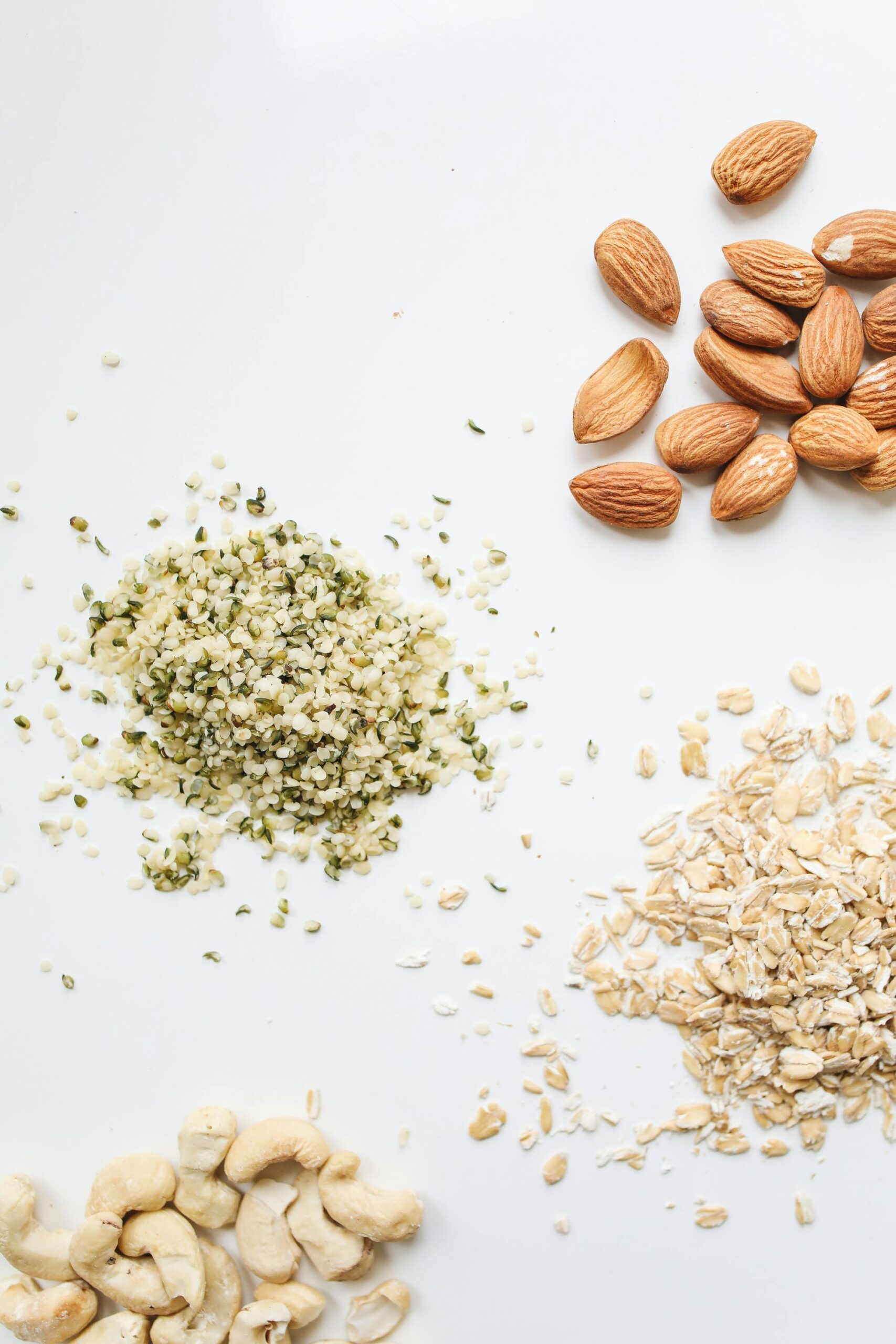Protein – the unsung hero of our diets. In this protein-packed article, we’ll dive into the world of this essential nutrient and explore its significance. From the biology behind it to the diverse sources that offer it, we’ve got you covered.
Why Protein Matters in Your Diet
You might not think much about protein when you’re digging into your favorite meal, but it plays a critical role in your body’s daily operations. From building tissues to powering enzymes, protein is your body’s workhorse.
Protein 101
Amino Acids: The Building Blocks
Proteins are constructed from amino acids, which act as the building blocks of life. These tiny molecules are like the alphabet, and proteins are the words they spell. The combinations of amino acids determine the structure and function of each protein.
Protein’s Role in the Body
Proteins wear many hats in your body. They help repair and build tissues, serve as messengers (hello, hormones!), and are essential for your immune system’s operation. Enzymes, which drive chemical reactions, are also made of protein. So, in a nutshell, protein keeps you ticking.
The Importance of Dietary Protein
Health and Wellness Benefits
Protein offers a multitude of health benefits. It supports muscle growth, repairs damaged tissues, and helps maintain proper immune function. A diet rich in protein can even assist in maintaining healthy skin, hair, and nails. So, you’re not just eating; you’re nourishing your body.
Protein for Weight Management
If you’re watching your weight, protein can be your best friend. It keeps you full, reducing your overall calorie intake. Plus, it revs up your metabolism, making you a calorie-burning machine. Weight management made delicious – thanks to protein.
Protein Sources
Animal-Based Proteins
When we talk protein, the animal kingdom steps up to the plate. Here are some stellar animal-based protein sources:
Lean Meats and Poultry
Skinless chicken breasts, turkey, and lean cuts of beef are high-protein, low-fat options that your taste buds will thank you for.
Dairy Products
Milk, yogurt, and cheese are not only delicious but are also fantastic sources of protein, particularly for those aiming to strengthen their bones.
Seafood
Fish like salmon and tuna are rich in protein and offer heart-healthy omega-3 fatty acids as a bonus.
Plant-Based Proteins
Vegetarians and vegans, this section is for you. Plant-based proteins are excellent alternatives. Here are a few standouts:
Legumes and Pulses
Lentils, chickpeas, and black beans are chock-full of protein and fiber, making them a superb choice for plant-based protein seekers.
Nuts and Seeds
Almonds, peanuts, and chia seeds not only deliver protein but also essential nutrients and healthy fats.
Grains and Cereals
Quinoa and whole grains like oats and barley can add a protein punch to your meals.
How Much Protein Do You Need?
Daily Protein Requirements
So, how much protein should you aim for daily? It depends on factors like age, activity level, and goals. Generally, most adults can meet their needs with 50-175 grams of protein per day. But individuality rules here.
Individual Factors to Consider
Consider your unique situation. Athletes may require more protein, while those with certain medical conditions may have specific protein needs. Consult a healthcare provider or dietitian for personalized advice.
Balancing Your Protein Intake
In the grand mosaic of a balanced diet, protein plays a pivotal role. Whether you’re an omnivore or a plant-based enthusiast, there’s a protein source for you. So, keep your meals protein-packed, and you’ll be nourishing your body and enhancing your well-being.
The Protein Puzzle of a Balanced Diet
Protein is not just a nutrient; it’s a fundamental building block for a healthy life. Embrace its significance and savor the wide variety of foods that provide this essential component of a well-rounded diet. Your body will thank you for it.
Please like, comment, and share this article if you found it helpful and informative.
Visit https://bigtownbulletin.com if you would like to see more of this content.
Please like, comment, and share this article if you found it helpful and
informative.
For more news check out Big Town Bulletin News
For more from Big Town Bulletin check out Big Town Bulletin


